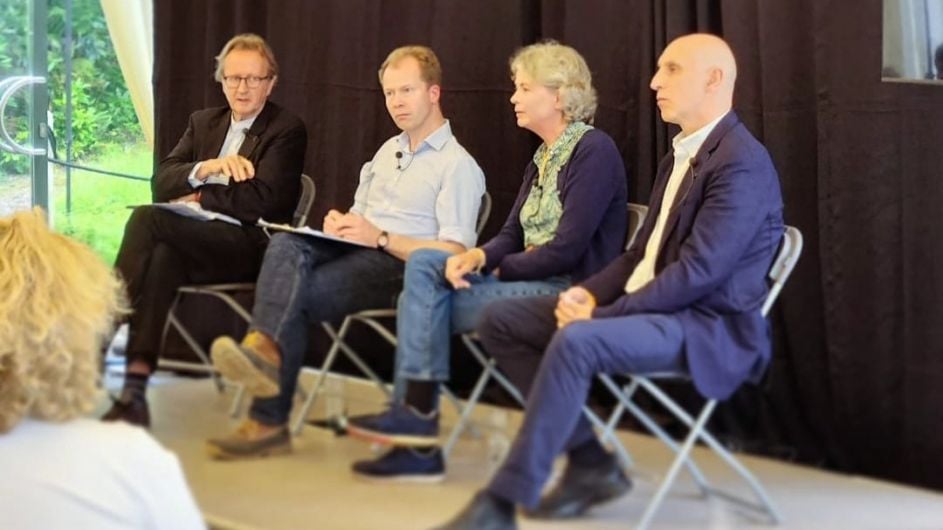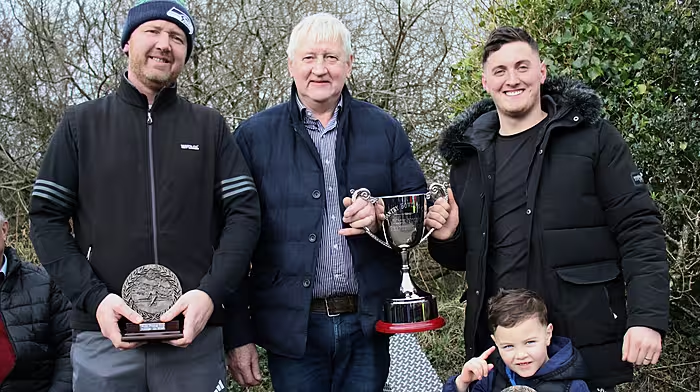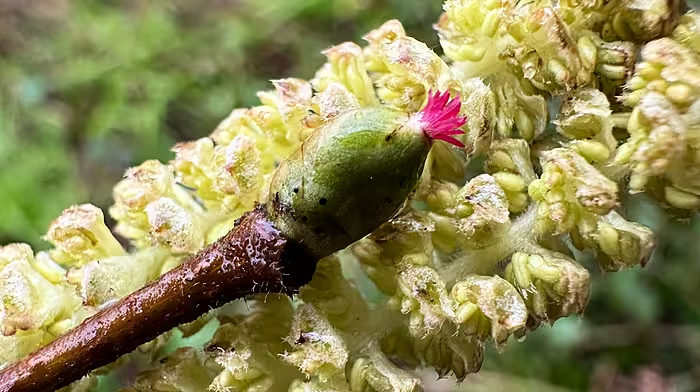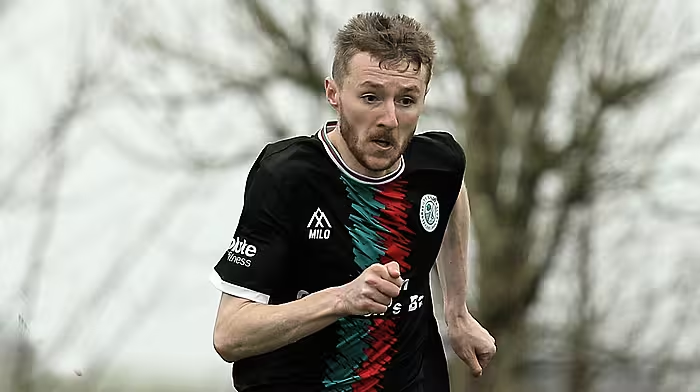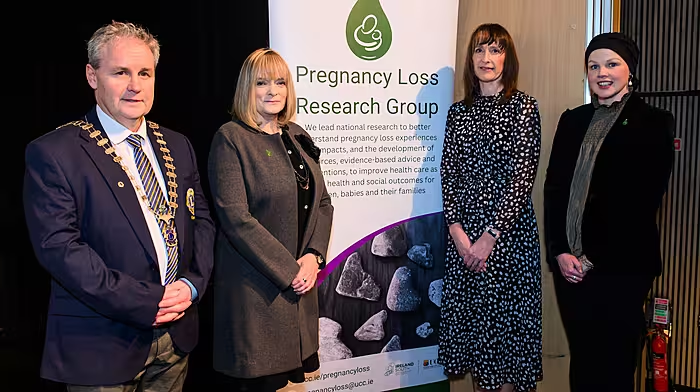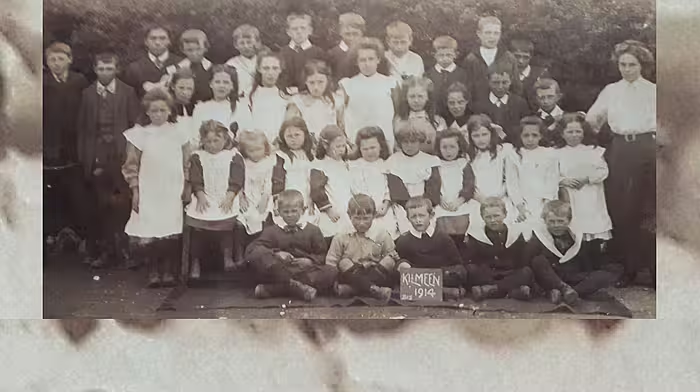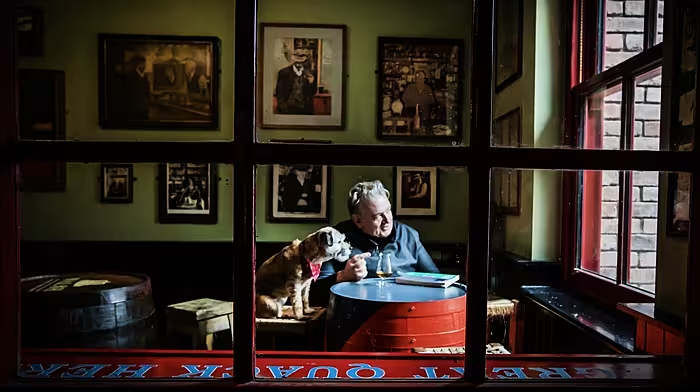THE smashing of shop windows of immigrant families is redolent of the 1930s, according to UCC professor Dr Andy Bielenberg.
The professor – whose own grandfather was one of those who tried to kill Adolf Hitler on July 20th 1944 – was commenting on the recent far-right violence in England and Northern Ireland.
Dr Bielenberg made the remark as part of a panel discussion, which included historians Roy Foster and Anna Reid on Sunday, the final day of the eighth annual West Cork History Festival.
Roy Foster also expressed his grave concern and took issue with comments made by a different speaker, earlier in the programme, which suggested the rioting was mere ‘hooliganism’. ‘There’s something going very badly wrong,’ Dr Bielenberg said of the recent riots, referring also to the fake news surrounding minorities.
‘To me, that looks very frightening, given the way things turned then,’ he said, referring to 1930s Germany.
The co-founders of the West Cork History Festival, Victoria and Simon Kingston, did something remarkable this year in producing an intense three-day programme of events at Inish Beg Estate, near Baltimore.
The organisers had chosen Aftermaths and Diaspora as this year’s themes, and the sessions were aimed at covering local, national and international issues.
Extraordinary historians covered a wide-ranging manner of subjects that put Irish history in a broader global context.
This year’s festival attracted more attendees than ever before and most events proved to be a sell-out success over the three days.
‘The festival has, in its eight years, earned a reputation, so when people are approached to speak they are very keen to come to speak to an engaged and interested audience,’ Victoria told The Southern Star.
‘It’s the genius of West Cork,’ Simon added. ‘People know the place, so it is very easy to persuade speakers to come here, but also the local audience has a hunger for history, and there is a real openness to subjects that are challenging.’
The books editor of The Irish Times, Martin Doyle, for example, gave a tour de force with his presentation on his book Dirty Linen.
After turning the page on the horrific death of a Catholic, there was the horrific death of a Protestant to consider. His words had the power to shake both the reader and the listener back to sensibility, making it a truly humane and compassionate memoir about the Troubles.
There were numerous highlights at this year’s festival, including a timely talk by Henry Hemming, author of Four Shots in the Night: The hunt for Stakeknife – given the revelations, last week, that not all of the information was presented to the seven-year investigation of Freddie Scappaticci, who is believed to have been the highest-ranking British army agent within the IRA.
Ruti Lachs’ presentation on Cork’s Jewish culture, past and present, fizzed with interest across a broad range of subjects, but it was Christopher de Bellaigue’s talk on Suleyman the Magnificent that had people queueing up to buy The Lion House, which reviewers say will do for the Ottoman empire what Hilary Mantel did for Thomas Cromwell.

